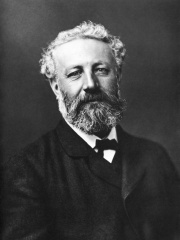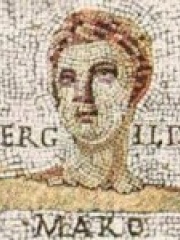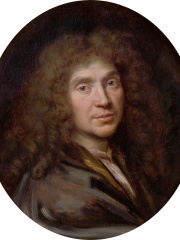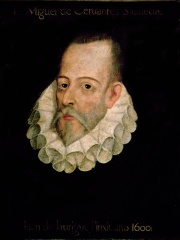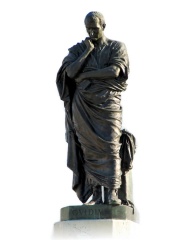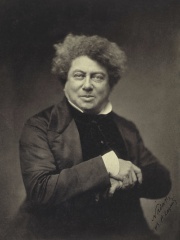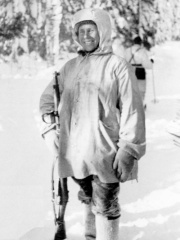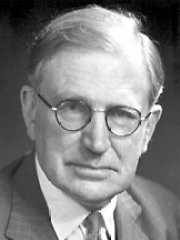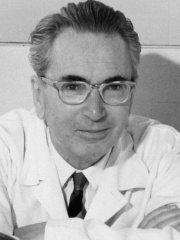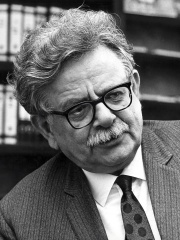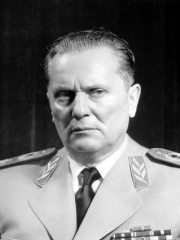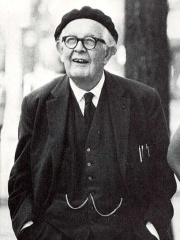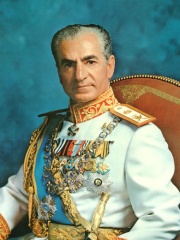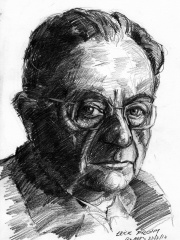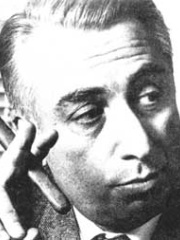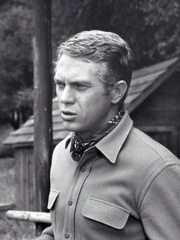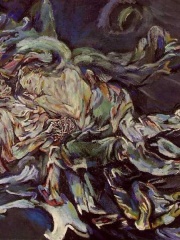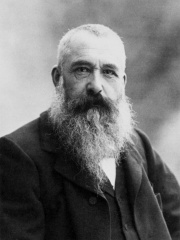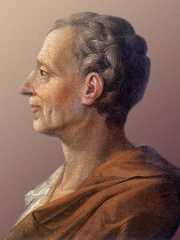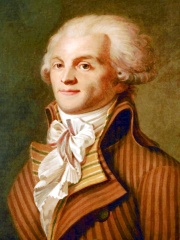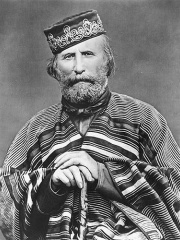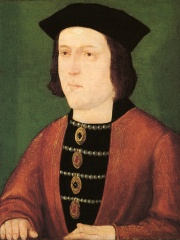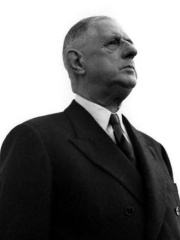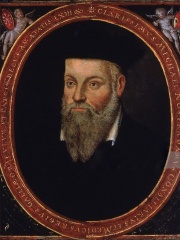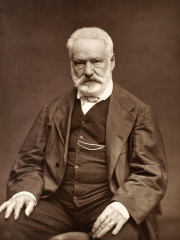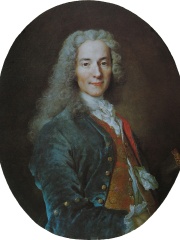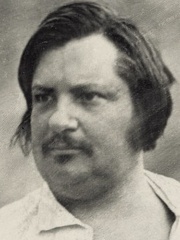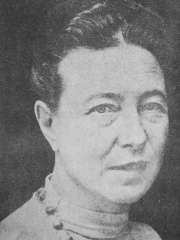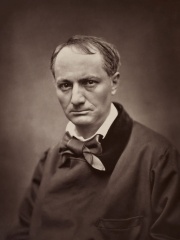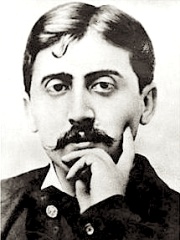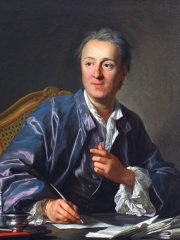WRITER
Jean-Paul Sartre
1905 - 1980

 Jean-Paul Sartre
Jean-Paul Sartre
Jean-Paul Charles Aymard Sartre (, US also ; French: [saʁtʁ]; 21 June 1905 – 15 April 1980) was a French philosopher, playwright, novelist, screenwriter, political activist, biographer, and literary critic, considered a leading figure in 20th-century French philosophy and Marxism. Sartre was one of the key figures in the philosophy of existentialism (and phenomenology). His work has influenced sociology, critical theory, post-colonial theory, and literary studies. He was awarded the 1964 Nobel Prize in Literature despite attempting to refuse it, saying that he always declined official honors and that "a writer should not allow himself to be turned into an institution." Sartre had an open relationship with prominent feminist and fellow existentialist philosopher Simone de Beauvoir. Read more on Wikipedia
His biography is available in 147 different languages on Wikipedia (up from 140 in 2024). Jean-Paul Sartre is the 19th most popular writer (up from 24th in 2024), the 15th most popular biography from France (up from 17th in 2019) and the 5th most popular French Writer.
Jean-Paul Sartre is most famous for being a philosopher and the founder of existentialism.
Memorability Metrics
Page views of Jean-Paul Sartre by language
Among WRITERS
Among writers, Jean-Paul Sartre ranks 19 out of 7,302. Before him are James Joyce, Sophocles, Jules Verne, Virgil, Molière, and Miguel de Cervantes. After him are T. S. Eliot, Ovid, Alexandre Dumas, Albert Camus, Hesiod, and Anton Chekhov.
Most Popular Writers in Wikipedia
Go to all RankingsJames Joyce
1882 - 1941
HPI: 89.38
Rank: 13
Sophocles
497 BC - 406 BC
HPI: 89.32
Rank: 14
Jules Verne
1828 - 1905
HPI: 88.32
Rank: 15
Virgil
70 BC - 19 BC
HPI: 88.05
Rank: 16
Molière
1622 - 1673
HPI: 87.83
Rank: 17
Miguel de Cervantes
1547 - 1616
HPI: 87.60
Rank: 18
Jean-Paul Sartre
1905 - 1980
HPI: 87.31
Rank: 19
T. S. Eliot
1888 - 1965
HPI: 87.25
Rank: 20
Ovid
43 BC - 17
HPI: 86.87
Rank: 21
Alexandre Dumas
1802 - 1870
HPI: 86.83
Rank: 22
Albert Camus
1913 - 1960
HPI: 86.77
Rank: 23
Hesiod
800 BC - 700 BC
HPI: 86.72
Rank: 24
Anton Chekhov
1860 - 1904
HPI: 86.67
Rank: 25
Contemporaries
Among people born in 1905, Jean-Paul Sartre ranks 1. After him are Ayn Rand, Howard Hughes, Simo Häyhä, Nevill Francis Mott, Albert Speer, Dag Hammarskjöld, Viktor Frankl, Elias Canetti, Christian Dior, Henry Fonda, and Greta Garbo. Among people deceased in 1980, Jean-Paul Sartre ranks 1. After him are Josip Broz Tito, Karl Dönitz, John Lennon, Jean Piaget, Alfred Hitchcock, Mohammad Reza Pahlavi, Erich Fromm, Roland Barthes, Steve McQueen, Bon Scott, and Oskar Kokoschka.
Others Born in 1905
Go to all RankingsJean-Paul Sartre
WRITER
1905 - 1980
HPI: 87.31
Rank: 1
Ayn Rand
WRITER
1905 - 1982
HPI: 83.74
Rank: 2
Howard Hughes
BUSINESSPERSON
1905 - 1976
HPI: 83.19
Rank: 3
Simo Häyhä
MILITARY PERSONNEL
1905 - 2002
HPI: 81.19
Rank: 4
Nevill Francis Mott
PHYSICIST
1905 - 1996
HPI: 80.05
Rank: 5
Albert Speer
ARCHITECT
1905 - 1981
HPI: 79.89
Rank: 6
Dag Hammarskjöld
DIPLOMAT
1905 - 1961
HPI: 79.85
Rank: 7
Viktor Frankl
PSYCHOLOGIST
1905 - 1997
HPI: 79.30
Rank: 8
Elias Canetti
WRITER
1905 - 1994
HPI: 79.19
Rank: 9
Christian Dior
FASHION DESIGNER
1905 - 1957
HPI: 78.14
Rank: 10
Henry Fonda
ACTOR
1905 - 1982
HPI: 77.97
Rank: 11
Greta Garbo
ACTOR
1905 - 1990
HPI: 77.34
Rank: 12
Others Deceased in 1980
Go to all RankingsJean-Paul Sartre
WRITER
1905 - 1980
HPI: 87.31
Rank: 1
Josip Broz Tito
POLITICIAN
1892 - 1980
HPI: 86.53
Rank: 2
Karl Dönitz
MILITARY PERSONNEL
1891 - 1980
HPI: 84.90
Rank: 3
John Lennon
MUSICIAN
1940 - 1980
HPI: 83.61
Rank: 4
Jean Piaget
PSYCHOLOGIST
1896 - 1980
HPI: 82.27
Rank: 5
Alfred Hitchcock
FILM DIRECTOR
1899 - 1980
HPI: 82.16
Rank: 6
Mohammad Reza Pahlavi
POLITICIAN
1919 - 1980
HPI: 82.03
Rank: 7
Erich Fromm
PSYCHOLOGIST
1900 - 1980
HPI: 81.27
Rank: 8
Roland Barthes
PHILOSOPHER
1915 - 1980
HPI: 80.26
Rank: 9
Steve McQueen
ACTOR
1930 - 1980
HPI: 78.50
Rank: 10
Bon Scott
MUSICIAN
1946 - 1980
HPI: 78.13
Rank: 11
Oskar Kokoschka
PAINTER
1886 - 1980
HPI: 77.14
Rank: 12
In France
Among people born in France, Jean-Paul Sartre ranks 15 out of 6,770. Before him are Louis Pasteur (1822), Claude Monet (1840), Jules Verne (1828), Molière (1622), Montesquieu (1689), and Maximilien Robespierre (1758). After him are Giuseppe Garibaldi (1807), Louis XV of France (1710), Edward IV of England (1442), Alexandre Dumas (1802), Charles de Gaulle (1890), and Nostradamus (1503).
Others born in France
Go to all RankingsLouis Pasteur
CHEMIST
1822 - 1895
HPI: 89.24
Rank: 9
Claude Monet
PAINTER
1840 - 1926
HPI: 88.69
Rank: 10
Jules Verne
WRITER
1828 - 1905
HPI: 88.32
Rank: 11
Molière
WRITER
1622 - 1673
HPI: 87.83
Rank: 12
Montesquieu
PHILOSOPHER
1689 - 1755
HPI: 87.46
Rank: 13
Maximilien Robespierre
POLITICIAN
1758 - 1794
HPI: 87.37
Rank: 14
Jean-Paul Sartre
WRITER
1905 - 1980
HPI: 87.31
Rank: 15
Giuseppe Garibaldi
POLITICIAN
1807 - 1882
HPI: 87.09
Rank: 16
Louis XV of France
POLITICIAN
1710 - 1774
HPI: 86.93
Rank: 17
Edward IV of England
POLITICIAN
1442 - 1483
HPI: 86.91
Rank: 18
Alexandre Dumas
WRITER
1802 - 1870
HPI: 86.83
Rank: 19
Charles de Gaulle
MILITARY PERSONNEL
1890 - 1970
HPI: 86.70
Rank: 20
Nostradamus
OCCULTIST
1503 - 1566
HPI: 86.64
Rank: 21
Among WRITERS In France
Among writers born in France, Jean-Paul Sartre ranks 5. Before him are Victor Hugo (1802), Voltaire (1694), Jules Verne (1828), and Molière (1622). After him are Alexandre Dumas (1802), Honoré de Balzac (1799), Antoine de Saint-Exupéry (1900), Simone de Beauvoir (1908), Charles Baudelaire (1821), Marcel Proust (1871), and Denis Diderot (1713).
Victor Hugo
1802 - 1885
HPI: 89.52
Rank: 1
Voltaire
1694 - 1778
HPI: 89.44
Rank: 2
Jules Verne
1828 - 1905
HPI: 88.32
Rank: 3
Molière
1622 - 1673
HPI: 87.83
Rank: 4
Jean-Paul Sartre
1905 - 1980
HPI: 87.31
Rank: 5
Alexandre Dumas
1802 - 1870
HPI: 86.83
Rank: 6
Honoré de Balzac
1799 - 1850
HPI: 86.38
Rank: 7
Antoine de Saint-Exupéry
1900 - 1944
HPI: 86.21
Rank: 8
Simone de Beauvoir
1908 - 1986
HPI: 84.63
Rank: 9
Charles Baudelaire
1821 - 1867
HPI: 84.42
Rank: 10
Marcel Proust
1871 - 1922
HPI: 84.39
Rank: 11
Denis Diderot
1713 - 1784
HPI: 84.31
Rank: 12


